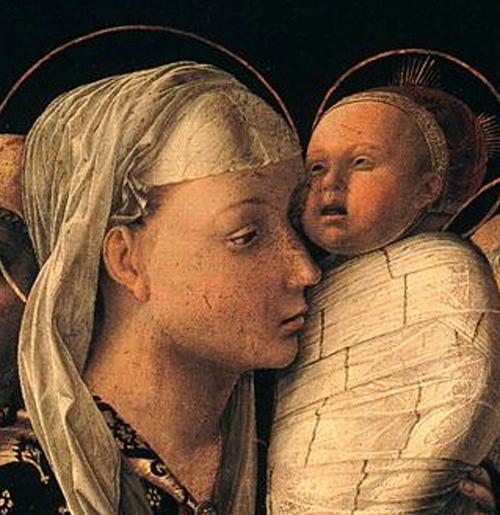Danielle Crittenden,
What Our Mothers Didn’t Tell Us: Why Happiness Eludes the Modern Woman
(Simon & Schuster Paperbacks, 1999, 191 pages).
In a book that seeks to enumerate and explore the problems of the modern woman, Crittenden evaluates the basic assumptions of feminism and what she believes it has won for women of her generation, offering solutions where she thinks it has failed them. The main assumptions she criticizes are: that women are free and unhurt in open sexual relations; that women should protect their autonomy over and against the identity of being a wife and/or mother; and that women find deepest satisfaction in a career.
The author deeply believes that feminism has advanced the cause of women in all spheres of life, but also correctly sees that not everything “won” for women has increased their happiness. She argues that these now deeply ingrained assumptions given to our culture by feminism have left women in a predicament: “The modern problem with no name is, I believe, exactly the reverse of the old one: While we now recognize that women are human, we blind ourselves to the fact that we are also women. If we feel stunted and oppressed when denied the chance to realize our human potential, we suffer every bit as much when cut off from those aspects of life that are distinctly and uniquely female” (p. 22). This work frequently discusses the sexual difference and its importance in understanding what can truly be thought of as advances for women. Without recognizing the very real differences between men and women, the author argues, advancements made on behalf of women will not be, in reality, good for women as women.
Throughout the book, it often seems that the author is suggesting a middle-ground. The old ways of courtship, marriage, and parenthood are gone, but perhaps some of what they gave to women can be recaptured. Crittenden spends a significant part of her book writing about what can be summed up as a cultural emphasis on female selfishness in the name of autonomy. She writes, “We must understand the trade-off of every action we take.... If we wish to live for ourselves and think only about ourselves, we will manage to retain our independence but little else” (p. 189). The author gives significant credence to the capacity of children for calling men and women out of mutual selfishness in the name of independence. “The moment you take children seriously, however, the entire dynamic [of the marriage] changes.… Whether the new arrangement is strictly ‘fair’ to any individual within it ceases to be important, or becomes less important than whether it is ‘best’ or ‘right’ for the family as a whole” (p. 97). The facade of complete autonomy fades in the face of doing what is good and right for the family as a whole.
Although the author courageously attempts to confront some core tenets of feminism, she starts from a feminist perspective on men, contraception, and children. She cannot step far enough back from these to gain a deep perspective on the issues of sex, marriage, and children. Crittenden does not agree with major feminist thinkers that sexual license is the key to women’s happiness, but she does not elaborate on the link between contraception and sexual license or their detrimental consequences for women. Nor does she adequately consider the relation between the sexual act and the possibility of children. While many of the results of a cultural embrace of contraception are mentioned, the issue is not confronted directly. But without addressing contraception, her critiques of overwhelming sexual license and the enshrinement of female autonomy remain at a superficial level. Without addressing cohabitation, contraception, and divorce, the author can only find partial answers. Nevertheless, she does recognize that the influence of feminism causes real problems for women, and that this has something to do with why happiness eludes her.
Micheala van Versendaal received her M.T.S. in Biotechnology and Ethics from the Pontifical John Paul II Institute for Studies on Marriage and Family in 2012 and her M.Ed. in Montessori Primary Education from Loyola University in 2013; she is in her second year teaching at her parish Montessori school in Hyattsville, MD, where she lives with her husband.



